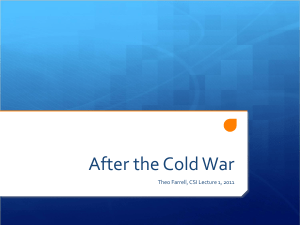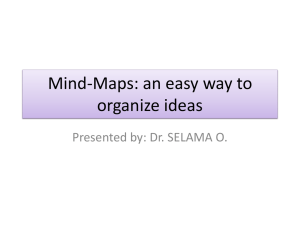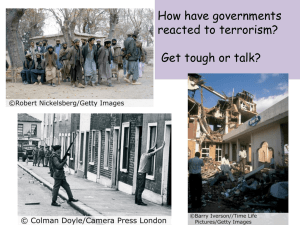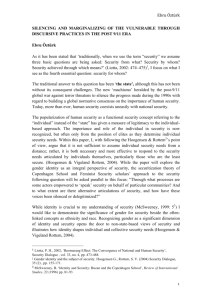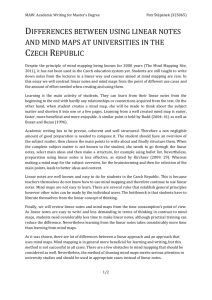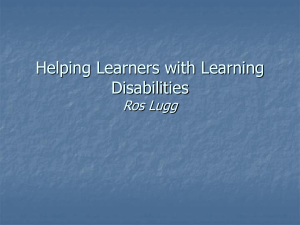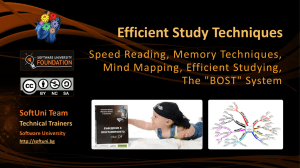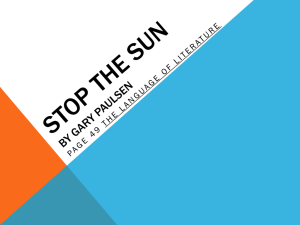Presentation Höll
advertisement
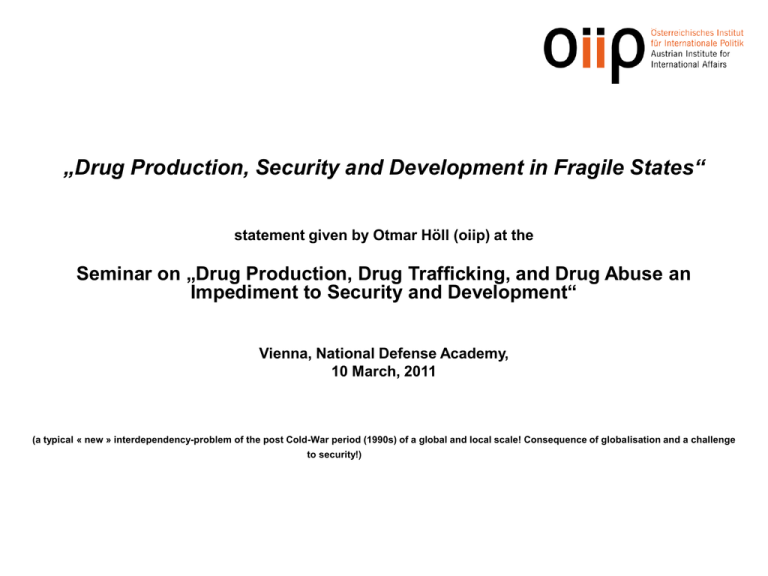
„Drug Production, Security and Development in Fragile States“ statement given by Otmar Höll (oiip) at the Seminar on „Drug Production, Drug Trafficking, and Drug Abuse an Impediment to Security and Development“ Vienna, National Defense Academy, 10 March, 2011 (a typical « new » interdependency-problem of the post Cold-War period (1990s) of a global and local scale! Consequence of globalisation and a challenge to security!) • • • • • Short Contextualisation of the „War on Drugs“-Strategy Back in the 1960s IR-Theory treated “drugs” as a security issue – threat to humanity and int. peace But international drugs markets grew, and so did the number and power of the cartels In the 1980s OC was seen a threat to States (gray zone to terrorism, a danger for “the West” etc.) For decades, intern. drugs policy was “immunised from scrutiny” – “thanks” to securitisation of the issue Today: many say that drugs policy is in crisis or has failed (Fernando H. Cardoso, UNODC, Rand Corp.) (RAND Corp. 1988: Sealing Borders: The effect of increased military participation in drug interdiction“) „Securitization“ in IR • Traditionell approaches focus on the material dispositions of the threat: power, military, and polarity. “Securitization” (S), however, examines how a certain issue is transformed by an actor into a matter of security. • S.: an extreme version of politicization that enables the use of extraordinary means in the name of security. For the securitizing act to be successful, it must be accepted by the audience. Securitization studies aims to understand "who securitizes, on what issues (threats), for whom (referent object), why, with what results, and not least, under what conditions." (Ole Waever 1995, constructivist approach). „Fragile States“ - definition • No agreed definition • Approx. 40-50 States (20%) belong to this category • „weak state/institutional capacity and/or legitimacy, vulnerable to in- and external shocks“ • Behind a facade of „normal“ state-like institutions, shadow economy & political forces exist (well internationally networked) • Disfunctional State, no „monopoly on (the legitimate use) of violence“! (Much more than we thought) Drugs production, trafficking and development • Drugs production and drugs trafficking are effects as well as causes of political instability and lack of development. They flourish under fragile states and sustain that weakness by financing insurgency and warlordism and by intimidating society, or corrupting the officials of enforcement agencies and security forces. • Afghanistan is an example of these social and political pathologies Case: Afghanistan • Long history as a weak State, (neo-) patrimonial, tribal structures, ever recurring violent conflicts (in- & ext.), and a tradition of violent resistance against ext. interventions • Afgh.: world‘s biggest opium producer & a major provider of cannabis (high yield per ha) • Profits from drugs-trade fuel terrorism, corruption and undermine social coherence-> an impediment for develop. & State consolid. Conventional Counter Measures • priority concern for the security of Western interests (secure energy supply, terrorism, OC) • focus on national, local dimensions, only sometimes on regional neighbourhood • Focus on interdiction or military intervention: „w.o.d“ • „Western“governance as a viable model • preference for Western aid, sometimes combined with multilateral trusteeship (Timor-Leste, Bosnia, Sierra Leone) • neglect of other (non viable) Western-backed policies (conditionalities that lower revenues for poor states, encourage capital flight) effectively weakening state capacities, sovereignty and legitimacy. (R.Nixon 1971) „Alternative“ Counter Measures • Take into account: the interconnectedness of security, stability and development (social services by State) • „Prevention rather than punishment“ • Empowerment of social and economic development, based on political inclusion of the local population and national programms (local „ownership“), improve governance capacities of authorities, including societal security, social and health services, etc. Regional solutions more effective and sustainable only than local ones. Austrian Contributions? • Rather unlikely (Afgh. no focal point of foreign/ developmental or security policy; a „lost“ war ) • And if (as al learning process): only modest contribution! • Should be: in line with Afghan development strategy, coherent to other international (EU-) strategies, aiming at concrete impact of improving local conditions, within regional solutions, mixed teams (from military to NGOs) -> Provincial reconstruction teams!-> Book of Markus Gauster Some (theoretical) Clarification: Barry Buzan (1997) on „Comprehensive Security“ • “In this view, the military sector is about relationship of forceful coercion; the political sector is about relationship of authority, governing status and recognition; the economic sector is about relationship of trade, production and finance the social sector is about relationship of collective identity; and environmental sector is about relationship between human activity and the planetary biosphere.“ Literature • Buzan, Barry, „New Patterns of Global Security in the Twenty-first Century“, in: International Affairs, 67.3 (1991), pp. 432-433 • Buzan, Barry/Lene Hansen, „International Security Studies“, Cambridge 2009 • Gauster, Markus, „Provincial Reconstruction Teams in Afghanistan. Ein innovatives Instrument des internationalen Krisenmanagements auf dem Prüfstand“, Schriftenreihe der LAVAK, 11/2006.
